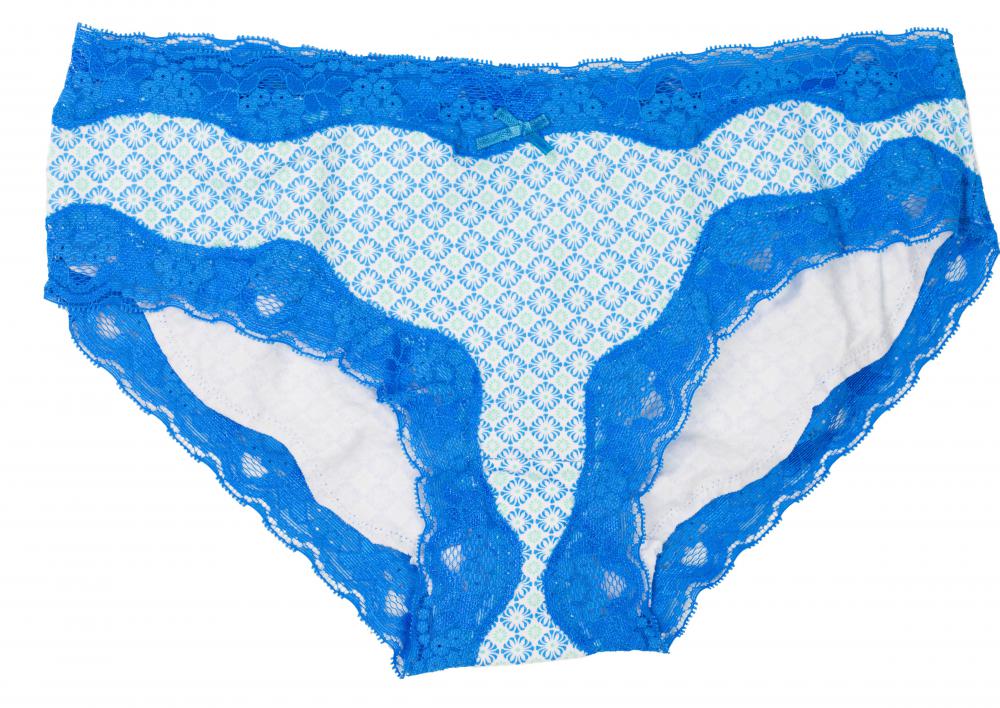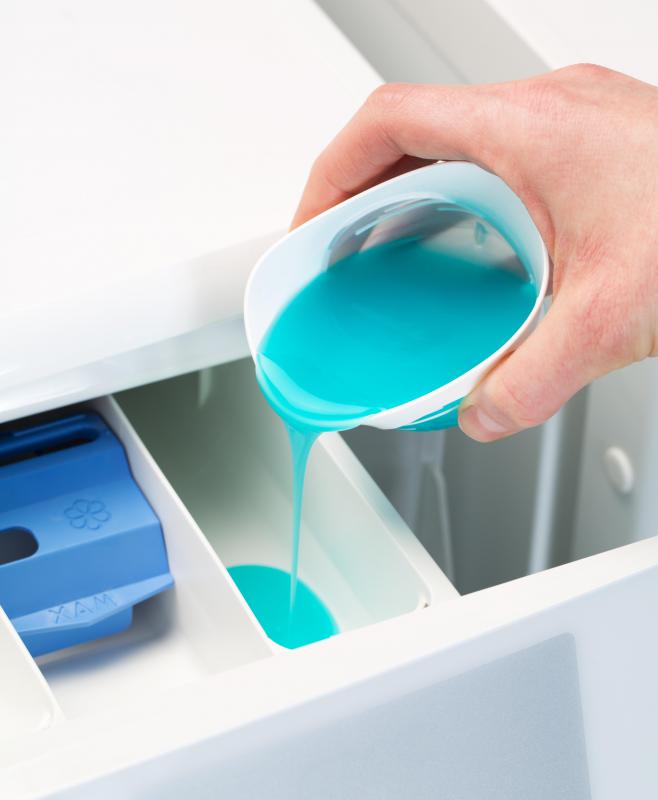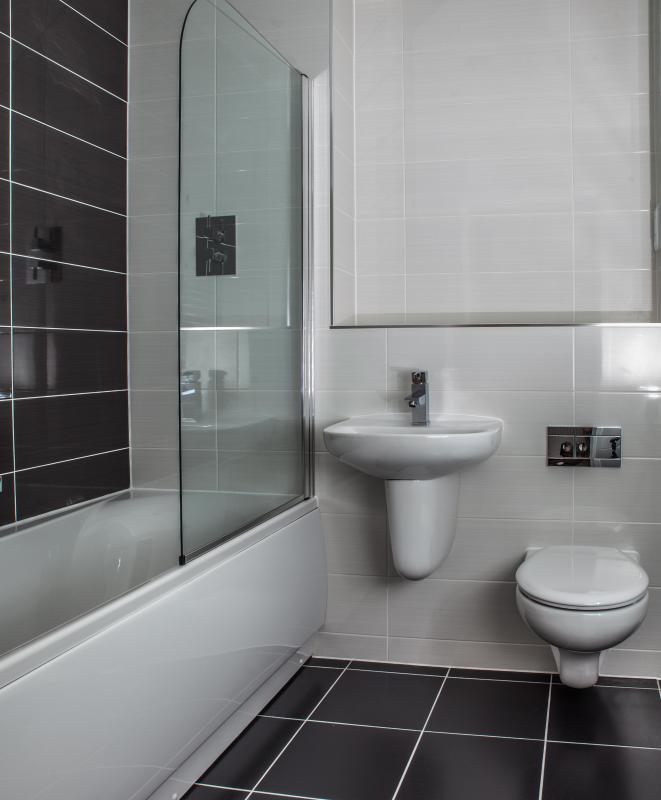At TheHealthBoard, we're committed to delivering accurate, trustworthy information. Our expert-authored content is rigorously fact-checked and sourced from credible authorities. Discover how we uphold the highest standards in providing you with reliable knowledge.
What is Pruritus Vulvae?
Pruritus vulvae is the medical term for a persistent, uncomfortable itch on and around the vulva. It is a very common problem among women of all ages, and most cases are caused by irritation from clothing, sweat, or mild allergic reactions to soaps or hygiene products. In some instances, however, pruritus vulvae can be a sign of a more serious underlying condition, such as a sexually transmitted disease or a yeast infection. Home remedies and over-the-counter products are usually successful at treating minor pruritus vulvae symptoms. An itch that persists for more than a few days or becomes distressing enough to affect daily life needs to be addressed by a doctor.
Many factors can contribute to pruritus vulvae, including poor hygiene practices, using scented soaps or cleansers, and wearing tight underwear made from synthetic materials. A woman may also experience an allergic reaction to a particular feminine hygiene product, clothing detergent, or contraceptive that causes redness and itching around the vagina. Bacterial and fungal infections are not as common, but they can represent potentially serious health problems when they occur.

In most cases, frequent or constant itching is the only symptom of pruritus vulvae. The skin may appear redder than usual or develop a bumpy rash due to inflammation. If an underlying infection is present, there may be swelling in the area and a white or yellow foamy discharge from the vagina. Urination and sexual intercourse might be painful, and the condition can make it difficult to rest comfortably at night. Many women find that their symptoms tend to worsen when they are under a lot of stress.

Relatively mild instances of pruritus vulvae tend to respond well to home treatments. A woman can usually relieve itching by washing her vulva twice daily with warm water and avoiding chemical irritants such as soaps and perfumes. It is helpful to wear loose-fitting cotton underwear to reduce friction and prevent excessive sweating in the genital region. If itching persists, an over-the-counter unscented moisturizer or anti-inflammatory cream may help. Doctors strongly discourage women from scratching, as doing so can cause further irritation and leave the skin more susceptible to bacterial infections.

Women who experience lasting symptoms should schedule appointments with their gynecologists. A doctor can physically inspect the vulva and ask about symptoms to make a basic diagnosis. He or she might decide to test blood, urine, or skin samples to screen for different types of underlying infections. In addition to encouraging home care techniques, the doctor may prescribe a high-strength antibacterial or antifungal medication to use for about two weeks. With treatment and follow-up preventive care, most cases of pruritus vulvae can be cured.
AS FEATURED ON:
AS FEATURED ON:



















Discuss this Article
Post your comments